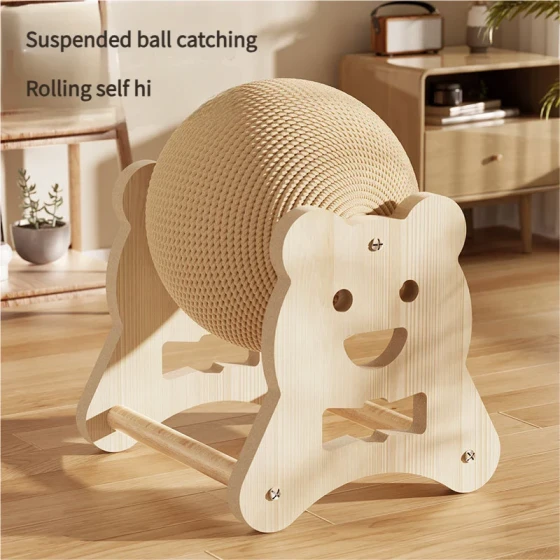Cats disobedient Owners just need to learn these tricks

Many people like cats because of their cute and well-behaved appearance, but as an animal that has not been fully domesticated like dogs, cats sometimes have big tempers. When faced with a disobedient cat, besides getting extremely angry and helpless, what else can the owner do? Let's learn together below.
1. Reasons why cats are disobedient and love to fight
1. During heat: Cats fight fiercely due to jealousy during their heat period. During heat, many cats, especially males, become more irritable and are prone to conflict with other cats.
2. Fighting over food: "Fighting" caused by competing for food with other cats. Generally, domesticated cats who have enough food won't fight over food, but if there are multiple cats at home, this situation might occur.
3. Territorial disputes: Cats have a strong sense of territory. Once they feel their territory is invaded, they will fight for it at all costs.
4. Just playing: At this time, owners need to learn to distinguish whether cats are playing or really fighting, because cats have a strange way of expressing love. They rub against each other to express affection, which sometimes looks like fighting.
2. Gentle cat training methods
1. Intimate hugging for ten minutes
Cats need to grow up in a loving environment to be truly kind, good, and beautiful, and maintain a healthy mentality. Owners should hug their cats for ten minutes even if they are busy. Petting increases the emotional bond, and cats love being petted.
2. Praise in Western style
Cats are sensitive animals who carefully notice the owner's mood. When praised, cats feel happy, are encouraged, and want to maintain this state.
3. Toy lure method
Prepare toys that cats like at home, such as teaser wands and leather mice. When the cat jumps at you, take out the prepared toys to attract its attention and increase interaction with your cat.
4. Stop with action, establish your leadership
Mother cats establish leadership over kittens by pinching their neck skin and gently pressing them to the ground. You can imitate this method, but be gentle and repeat it to help them remember and absolutely obey you, making them behave well.
5. Repeated firm voice commands
When the cat jumps at you, do not be afraid but keep a serious expression and firm attitude. Use your voice to scold it, using a simple "No" to stop its attack. Verbal commands help cats remember more deeply.
3. Notes on scolding disobedient cats
1. Stop immediately: Owners should sternly stop disobedient behavior. Cats won't understand the meaning of words, but will be frightened by the voice to stop. If the owner insists several times, the cat will remember and no longer misbehave.
2. Take to the scene: Cats are very forgetful, so if you don't bring them to the scene, they will feel confused and not understand why you are shouting. So be sure to bring the cat to the "crime scene" to scold.
3. Do not use corporal punishment: Cats are much smaller than humans. Casual corporal punishment may harm the cat's body and cause a humiliated mentality, which is harmful to their psychological health. (Source:PetsZone)



